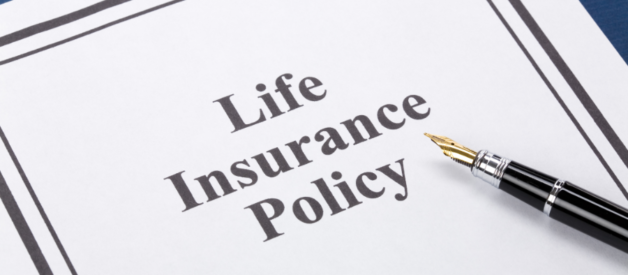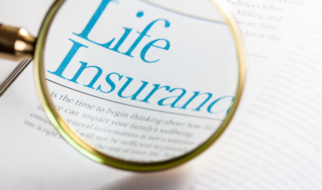There are two types of life insurance: whole life and term life. They have different levels. Term insurance, like its name suggests, is only for a certain period (a “term”) before it expires. Many people are puzzled as to why term life is cheaper than whole-life insurance. Once they know its existence, however, it is not difficult to understand. People wonder if it is worth buying because of its lower price.
They don’t know why term life insurance costs so much more.
There are two main reasons why term life insurance is more affordable than whole-life insurance. Here is a quick overview of these reasons.
Term insurance is not an investment
The whole life saves and invests. This means that in addition to the death benefit there is an investment and savings component.
However, term insurance does not have an investment component. Instead, the plan is simple: pay your premiums and receive a death benefit if you die before the policy term ends. There is no payout if the term ends or the insured dies after the term has expired. The policy must be renewed or converted to a whole-life policy in most cases.
It is better to view term life insurance as a service rather than an investment. In fact, it is more like insuring a vehicle than anything else. While some policies allow partial payments of premiums paid over the term, most policies allow for the policy to be canceled or converted.
This is why term life insurance is cheaper than whole life: the insurer is less involved and takes on less risk.
Lower Risks With Term Life
Because the insurer has a lower risk than with a whole-life or long-term policy, the shortest terms will be cheaper. A person who buys a term insurance policy for 5-10 years will have a lower chance of dying than someone who has a long-term policy or permanent policy. To protect the insurer’s interest, premiums will rise if the insurer is more likely to have to pay out.
The risks associated with an investment or savings component can increase the cost of whole-life policies. Insurers incur more costs and the cost is passed onto the insured.
Because term insurance is simpler than whole-life insurance, it tends to be more affordable. This policy does not have the same investment risks or payouts as a whole-life policy but it provides for beneficiaries or beneficiaries in the event of an emergency.


